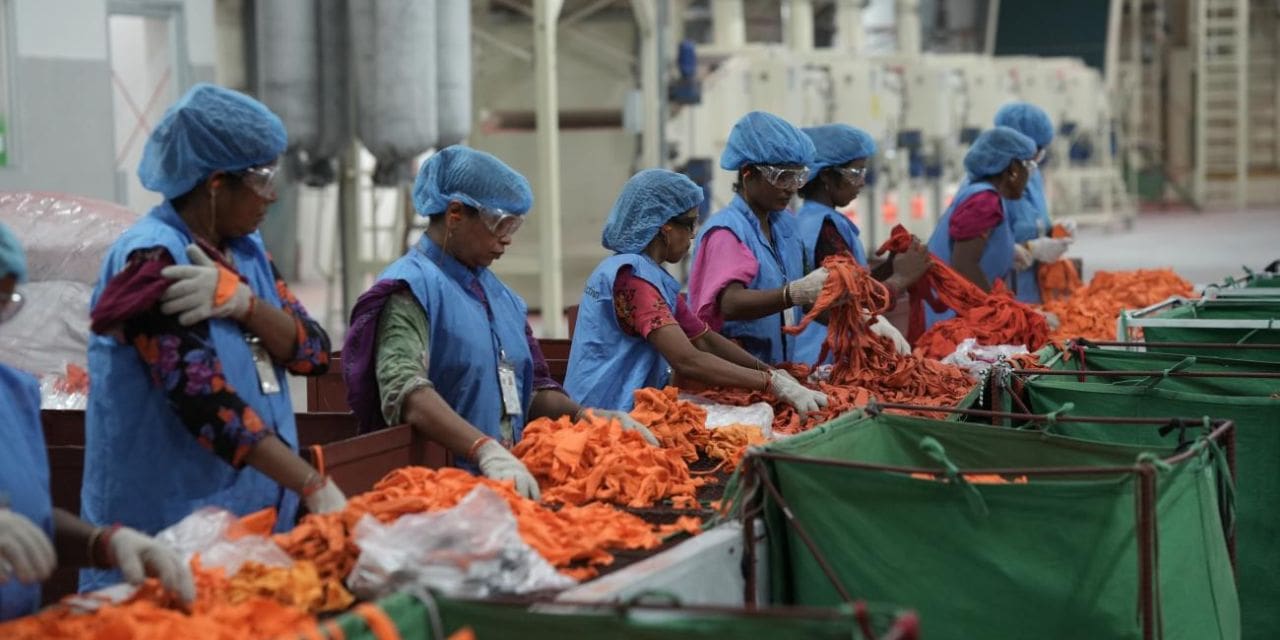Bangladesh’s garment industry, a major driver of the country’s economy, is transforming. Led by a surge of innovative startups, the sector is prioritising sustainability and reducing its reliance on foreign resources.
This shift is driven by the need to address environmental concerns and remain competitive in a global market increasingly focused on eco-friendly practices.
Homegrown Solutions for a Sustainable Future
Initiatives like the Needle Innovation Challenge, a collaboration between Build Bangladesh and the H&M Foundation, are fostering a new generation of companies tackling sustainability head-on. These startups are developing solutions like:
- Plastile: Transforming plastic waste into valuable garment accessories.
- Pina-TEX Wear: Creating a cost-effective method to extract fibre from pineapple leaves as a sustainable alternative to cotton.
- Green Dye: Utilising microorganisms to produce organic dyes, eliminating reliance on synthetic chemicals.
- DenimRevive: Upcycling locally produced denim waste into new clothing, accessories, and handicrafts.
- Ackermans: Manufacturing biodegradable buttons and tags from sugarcane bagasse.
Skilling Up for the Future
Innovation extends beyond materials. Shimmy Technologies, an ed-tech company, is using gamification to train garment workers for the automated future, ensuring they can adapt and thrive in a changing industry.
Balancing Growth with Environmental Responsibility
This push for sustainability isn’t just about the environment. It’s also about securing Bangladesh’s position as a global garment leader. Initiatives like the Partnership for Cleaner Textile (PaCT) are helping factories reduce their environmental footprint while saving water, energy, and chemicals.
Breaking Free from Reliance on Imports
Traditionally, Bangladesh’s textile industry relied heavily on imported materials like cotton, synthetic fibres, and dyes. This made it vulnerable to price fluctuations and supply chain disruptions.
The new wave of startups is looking inward, developing innovative solutions with locally sourced materials. This not only reduces costs but also positions Bangladesh as a more sustainable and reliable partner for international fashion brands.
The Road Ahead
The future of Bangladesh’s textile industry lies in embracing innovation and sustainability. By fostering a spirit of entrepreneurship and prioritising eco-friendly practices, Bangladesh can set a new standard for global competitiveness.

